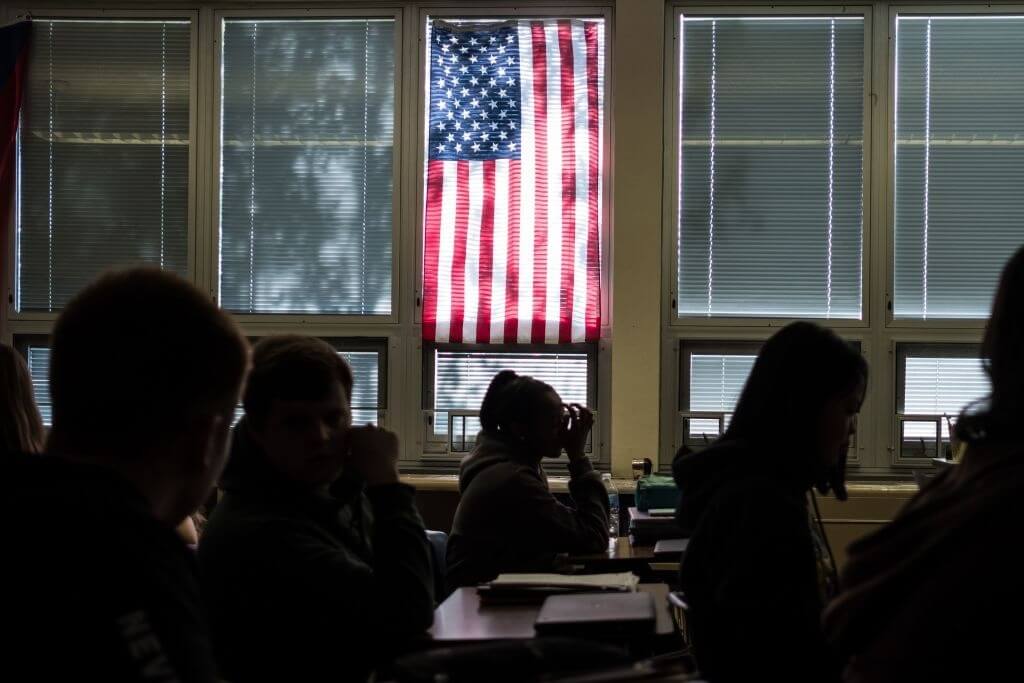As more evidence about the terrible history of Indigenous boarding schools in the United States comes to light, some members of Congress are calling for legislation to be passed to address the continuing intergenerational trauma that has resulted.
A Review Of A Us Boarding School Has Prompted Calls For Trauma Support
A letter to the Indian Health Service was issued last week by a group of 21 Democratic legislators from states across the country’s western and eastern borders, as well as the Pacific Northwest.

They are requesting that federal agencies make culturally convenient support services, such as the hotline as well as other mental and spiritual programs, accessible. In contrast, the federal government conducts its inquiry into educational institutions.
Officials with the agency said in a statement Monday that they are examining the request and debating what actions should be taken next. The need for more trauma services for Indigenous communities, according to advocacy organizations, is more critical than ever.It was said by Deborah Parker, a member of the Tulalip tribes and head of policy and advocacy at the National Native American Boarding School Healing Coalition, that “the first thing we must do is to care for our boarding school survivors.”
Deb Haaland, the Interior Secretary of the United States, has admitted that the process would be complicated. The attempt of the federal government to wipe out the language, tribal identity and culture through the boarding school policies has been discussed extensively, as has how that past has manifested itself in long-standing trauma, cycles of violence and abuse, premature deaths, mental health issues, and substance abuse among other things.
Identification of possible burial sites at previous schools, as well as documentation of the identities and tribal connections of the pupils buried there, are all part of the Interior Department’s efforts. The government has committed to working with tribes to determine the most effective ways to preserve the sites while also respecting families and communities. In their letter, the legislators referred to the boarding school period as a “stain on the history of the United States.” They stated that reliving that period of history would undoubtedly be painful for survivors and their families as well as their communities.
It will take time and effort to guarantee that treatments are broadly accessible since criticism of the Indian Health Service and chronic budget shortages have lasted decades and several presidential administrations, to name a few examples. As a result of the pandemic, health inequalities that already existed in many Indigenous communities were exacerbated.
According to the latest expenditure plan from the Biden administration, the agency would receive a 36 percent rise in its yearly budget for the next fiscal year. Officials have said that this would be the biggest single-year budget boost for the agency in decades. In addition, about $420 million in pandemic relief money will be used to enhance mental health and drug misuse prevention and treatment services at the Institute of Health and Science and tribal health programs. The attempt to integrate Indigenous kids into European society began in the early 1800s. It continued for more than a century, including removing children from their families and sending them to residential boarding schools. In the United States, hundreds of thousands of Native American children were sent to boarding schools between 1869 and the 1960s, according to the boarding school healing alliance.
Research and family testimonies indicate that there were children who never returned home, but there has never been a complete accounting of the fatalities that occurred at the schools. Some tribes, as well as other groups, have launched their own inquiries. Researchers are preparing to deploy ground-penetrating radar at sites of a former boarding school in Utah, where tribe elders believe there may be unmarked graves in the coming months. Children as young as 6 years old would be taken away by boarding school authorities, according to Corrina Bow, chairwoman of the Paiute Indian Tribe of Utah, and forced to labor on a farm on the site.